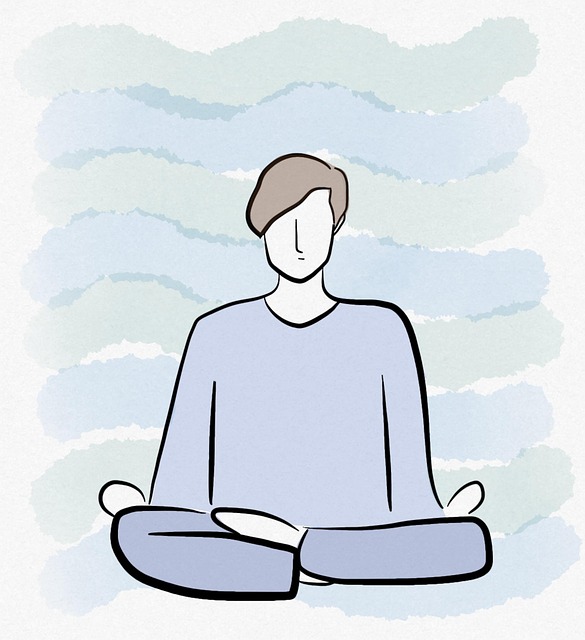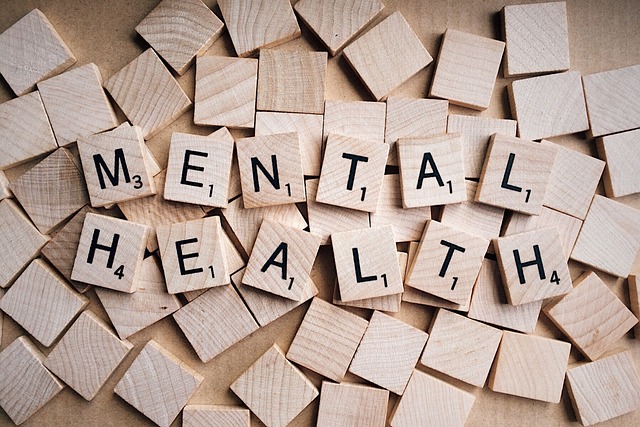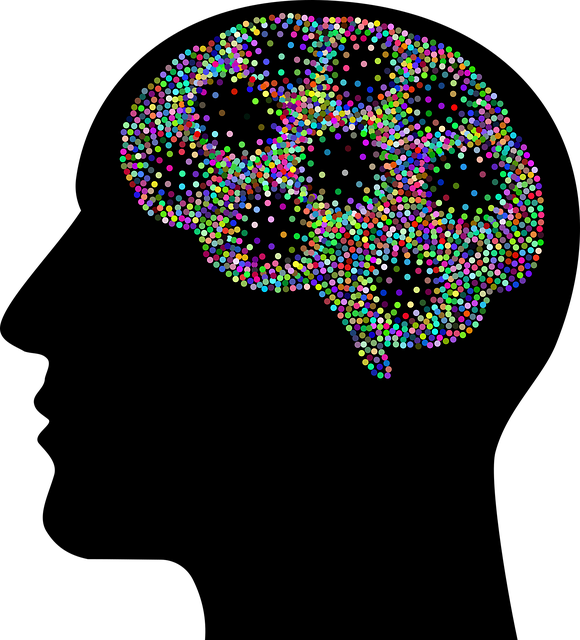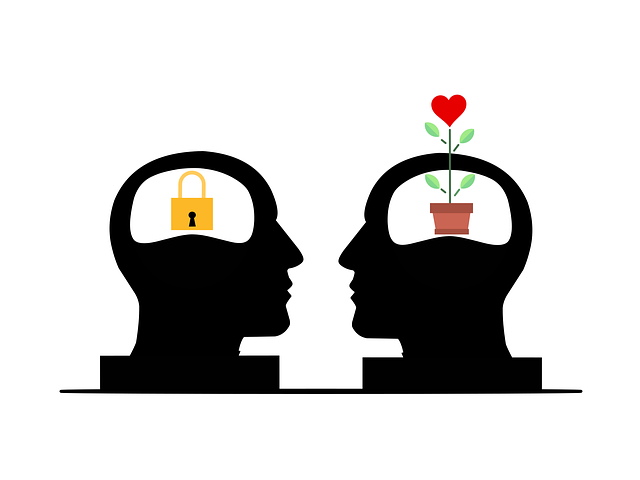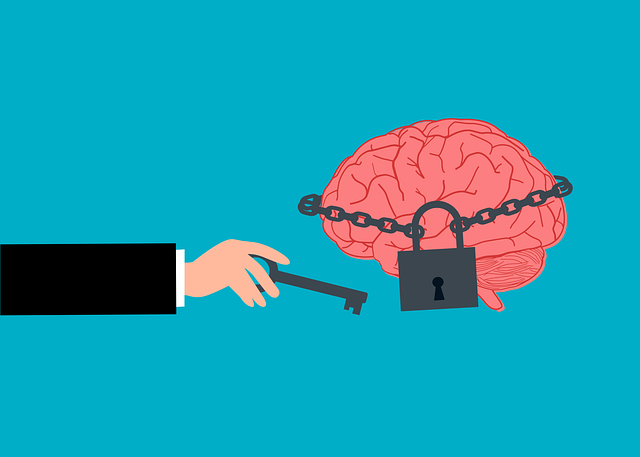TL;DR:
Domestic violence profoundly impacts teenage development, leading to emotional distress and mental health issues like anxiety, depression, and PTSD. Therapy for Adolescent Teens Domestic Violence is crucial, offering safe spaces, coping strategies, trauma processing, and emotion regulation. Holistic approaches, including mindfulness, self-care routines (e.g., journaling, exercise), and programs like Community Outreach and Compassion Cultivation, empower teens to build resilience, cultivate peace, and overcome adversity through personalized support and stress management.
“Uncovering the path to healing and self-improvement for teenagers affected by domestic violence is crucial. This comprehensive guide explores the profound impact of such experiences and emphasizes the vital role of self-care in adolescent recovery. We delve into effective coping strategies, offering practical steps to build resilient routines. Furthermore, recognizing when professional therapy is essential, we provide an overview of available options tailored for teen victims of domestic violence, empowering them towards a brighter future.”
- Understanding the Impact of Domestic Violence on Teenagers
- The Importance of Self-Care for Adolescent Healing
- Identifying Healthy Coping Mechanisms
- Building Resilient Self-Care Routines
- Seeking Professional Support: Therapy Options for Teens
Understanding the Impact of Domestic Violence on Teenagers

Domestic violence can have profound and lasting effects on teenagers, impacting their emotional well-being and overall development. Adolescent teens who witness or experience domestic violence may struggle with a range of mental health issues, including anxiety, depression, and post-traumatic stress disorder (PTSD). These challenges often manifest in their daily lives, affecting academic performance, social interactions, and self-esteem.
Therapy for adolescent teens exposed to domestic violence is crucial in fostering resilience and healthy coping mechanisms. Through therapy, they can learn to process traumatic experiences, regulate emotions, and develop effective problem-solving skills. Encouraging self-care practices, such as mindfulness exercises and setting personal boundaries, alongside therapy sessions, can empower these teens to prioritize their mental health and cultivate a positive mindset, ultimately enhancing their ability to overcome adversity and thrive.
The Importance of Self-Care for Adolescent Healing

For adolescent healing, self-care is not a luxury but a necessity. Growing up can be a tumultuous time, and when coupled with experiences like domestic violence, the need for effective self-care practices becomes even more pronounced. Therapy for adolescent teens exposed to domestic violence must therefore incorporate holistic strategies that nurture both mental and emotional well-being.
Community Outreach Program Implementation and Compassion Cultivation Practices have proven to be game changers in this context. By fostering environments where adolescents feel understood, supported, and empowered, these initiatives enable them to develop essential Mind Over Matter Principles. Through such practices, teens learn to navigate their healing journey with resilience, finding safe spaces within themselves to process trauma and cultivate a sense of peace and self-worth.
Identifying Healthy Coping Mechanisms

For adolescent teens navigating the challenges of domestic violence, identifying healthy coping mechanisms is a vital step in their self-care journey. Therapy can provide a safe space for expression and guidance on building resilience. Through therapy, teens learn to recognize and manage their emotions effectively, a crucial skill set for mitigating stress and promoting overall well-being.
Stress reduction methods, often taught during therapy sessions, empower individuals to overcome traumatic experiences. Incorporating mindfulness practices, such as deep breathing exercises and meditation, can help teens regulate their responses to distressing situations. Additionally, healthcare provider cultural competency training ensures that support is tailored to the unique needs of each teen, considering any cultural or ethnic backgrounds that may influence coping strategies. The Mind Over Matter principles, instilled through therapy, encourage a positive mindset shift, enabling adolescents to view challenges as opportunities for growth and personal transformation.
Building Resilient Self-Care Routines

Building resilient self-care routines is an essential aspect of maintaining mental wellness for adolescent teens, especially those who have experienced domestic violence. Therapy for this demographic often focuses on creating safe and consistent practices to promote emotional healing processes. One effective strategy is journaling, which provides a private space to express thoughts and feelings, facilitating anxiety relief and self-reflection. By documenting their experiences, teens can identify patterns, process traumas, and gain insights into their emotions—all vital steps in building resilience.
Additionally, exercise guidance plays a crucial role in cultivating robust self-care routines. Physical activity releases endorphins, which can improve mood and reduce stress levels. Incorporating regular exercise, tailored to each teen’s comfort level and abilities, offers an outlet for emotional expression and a means to reconnect with one’s body—a significant component of overall well-being. These routines empower adolescents to take charge of their mental health, fostering a sense of agency that is particularly beneficial in overcoming the challenges of domestic violence.
Seeking Professional Support: Therapy Options for Teens

For many teens navigating the complexities of adolescence and potential experiences with domestic violence, seeking professional support through therapy can be a transformative step towards healing and personal growth. Therapy offers a safe space for adolescents to process their emotions, especially those stemming from traumatic events or stressful environments at home. This is particularly crucial as it helps to prevent burnout, not just for the teens but also for healthcare providers who often work tirelessly to support them.
Several therapy options tailored to adolescent teens are available, including individual counseling, group therapy, and family therapy. These approaches can help teens develop essential self-care routines for better mental health, boost their confidence, and equip them with coping strategies to manage stress and anxiety. In light of potential domestic violence experiences, specialized therapists can provide unique insights and support tailored to these specific challenges, fostering resilience in young individuals.
Domestic violence can significantly impact teenagers, but prioritizing self-care is a powerful tool for healing. By understanding the effects and implementing healthy coping mechanisms, adolescent victims can build resilience. This involves establishing consistent self-care routines that address physical and emotional well-being. Additionally, seeking professional support through therapy tailored for adolescent teens experiencing domestic violence can provide much-needed guidance and safe spaces to process trauma. With the right resources, teens can break free from harmful patterns and foster a brighter future.





